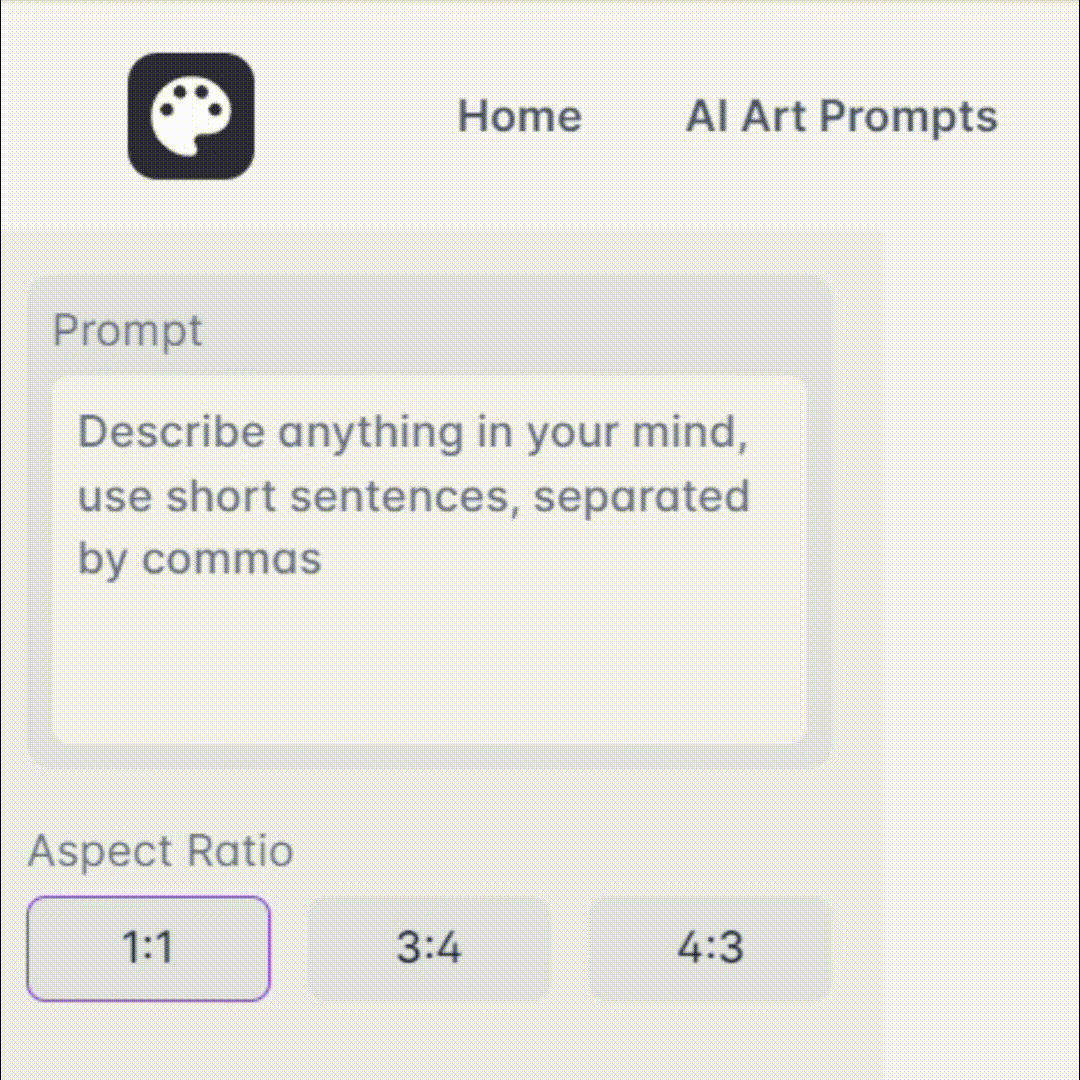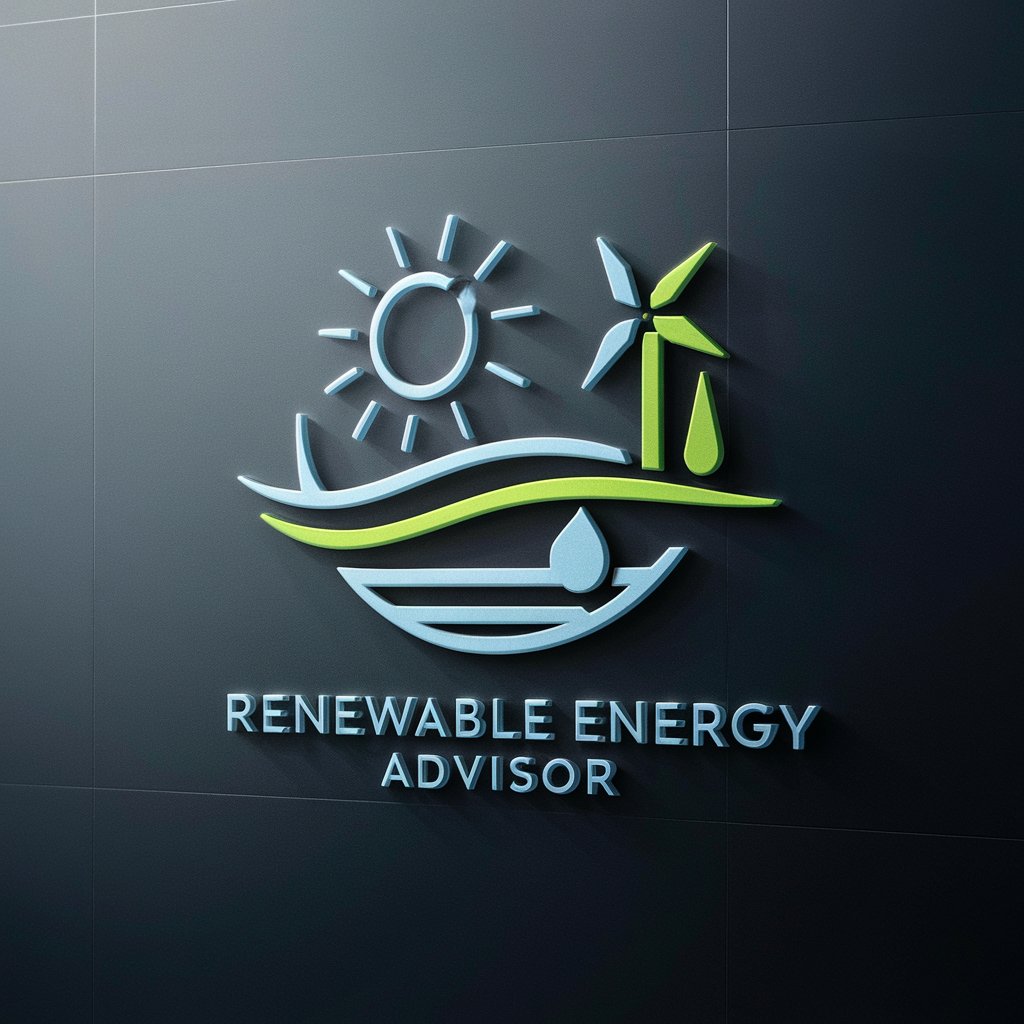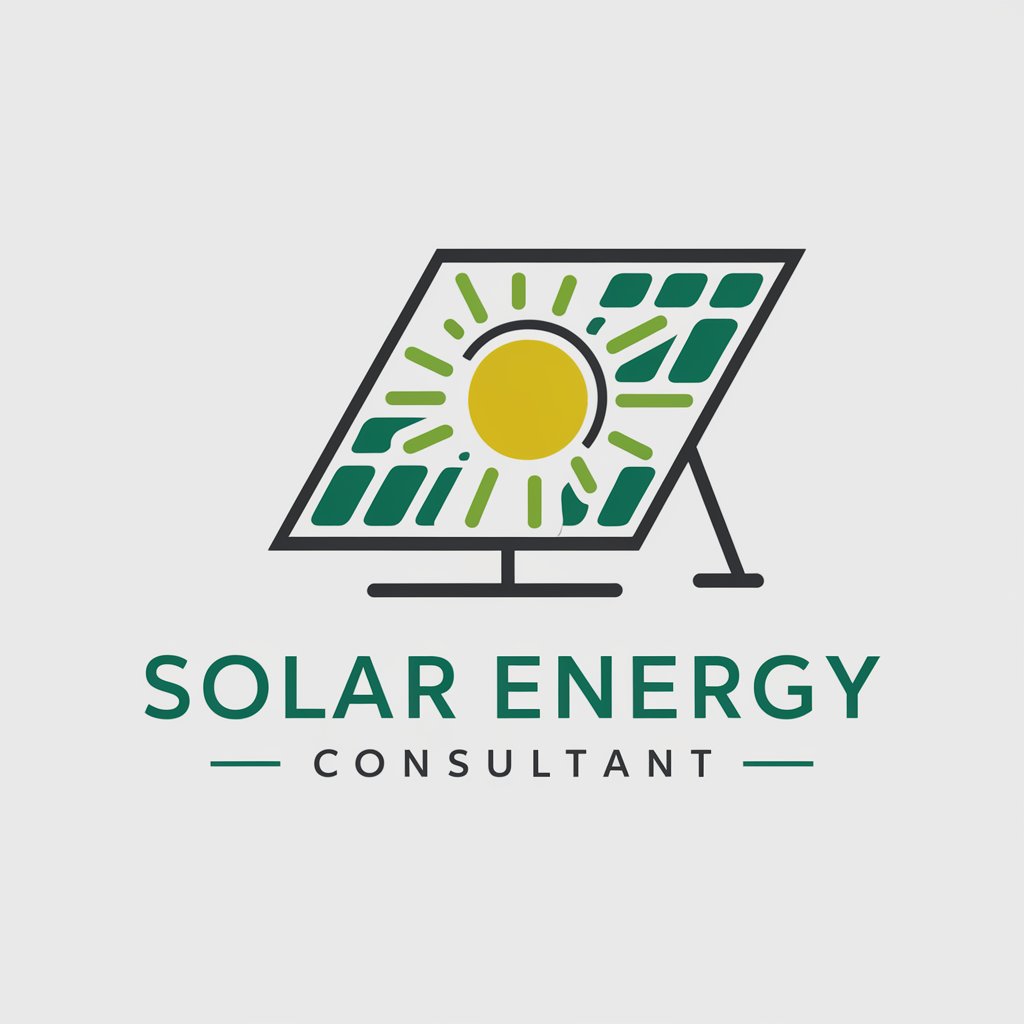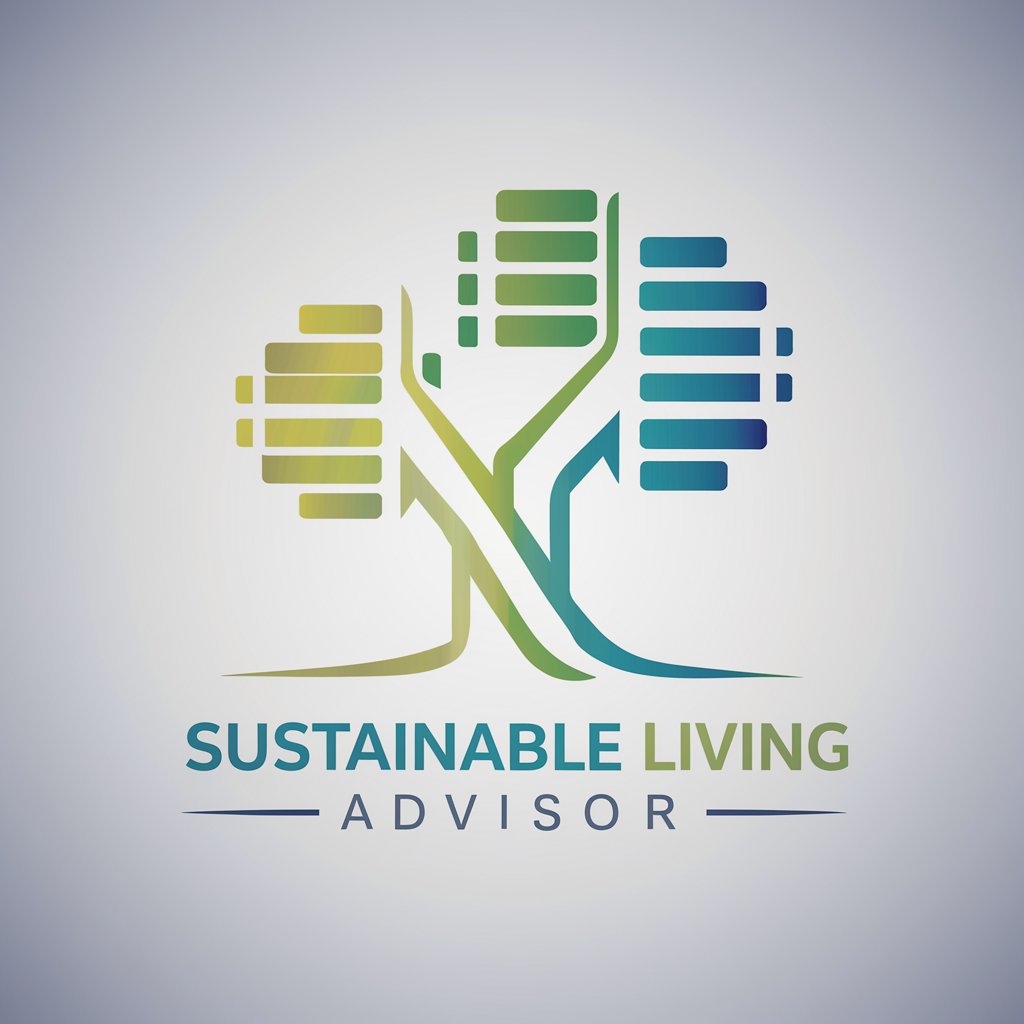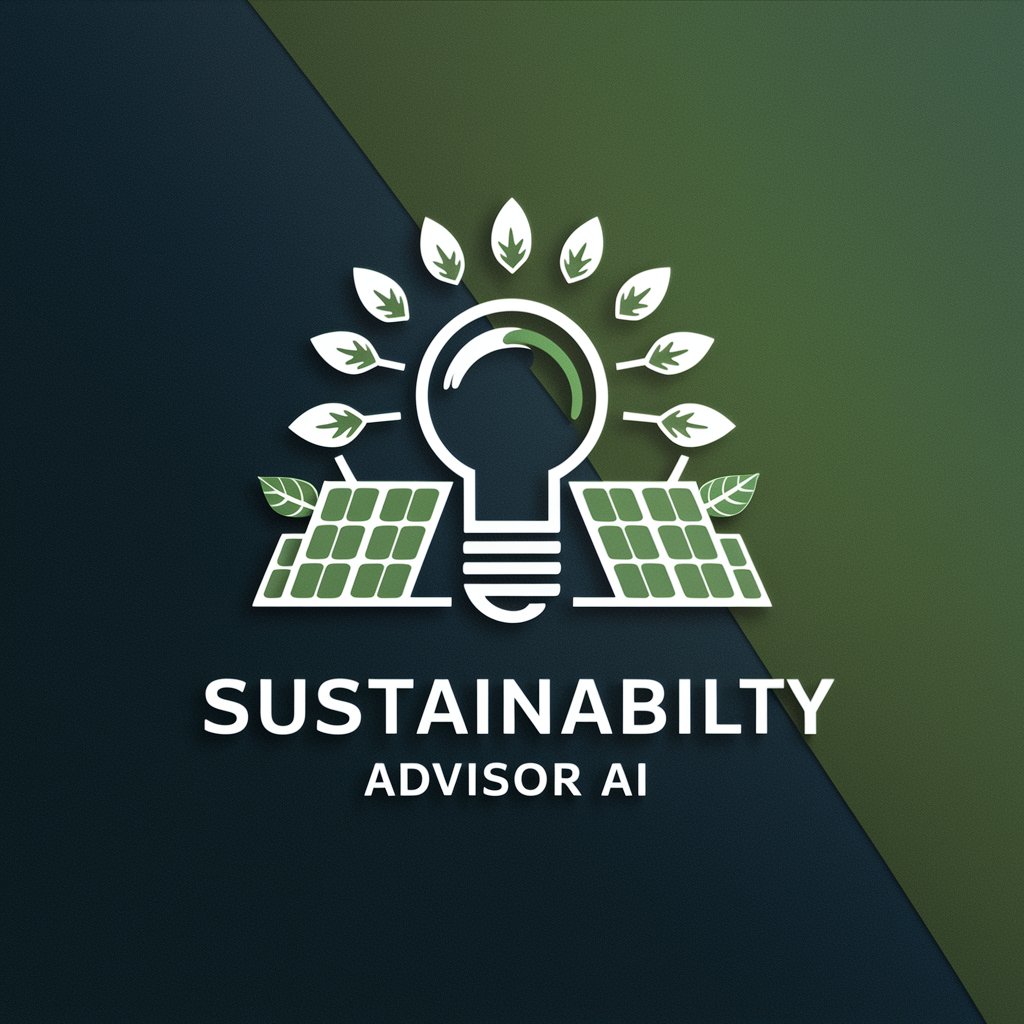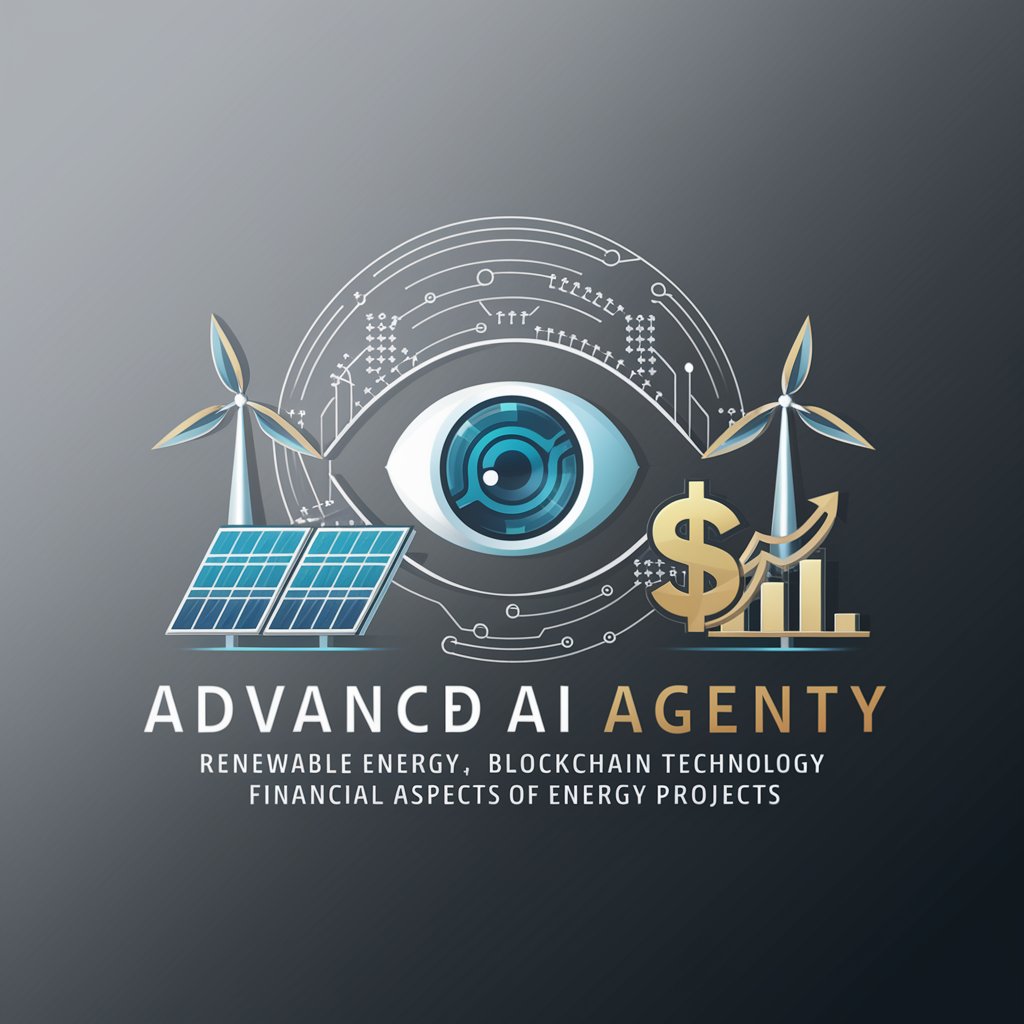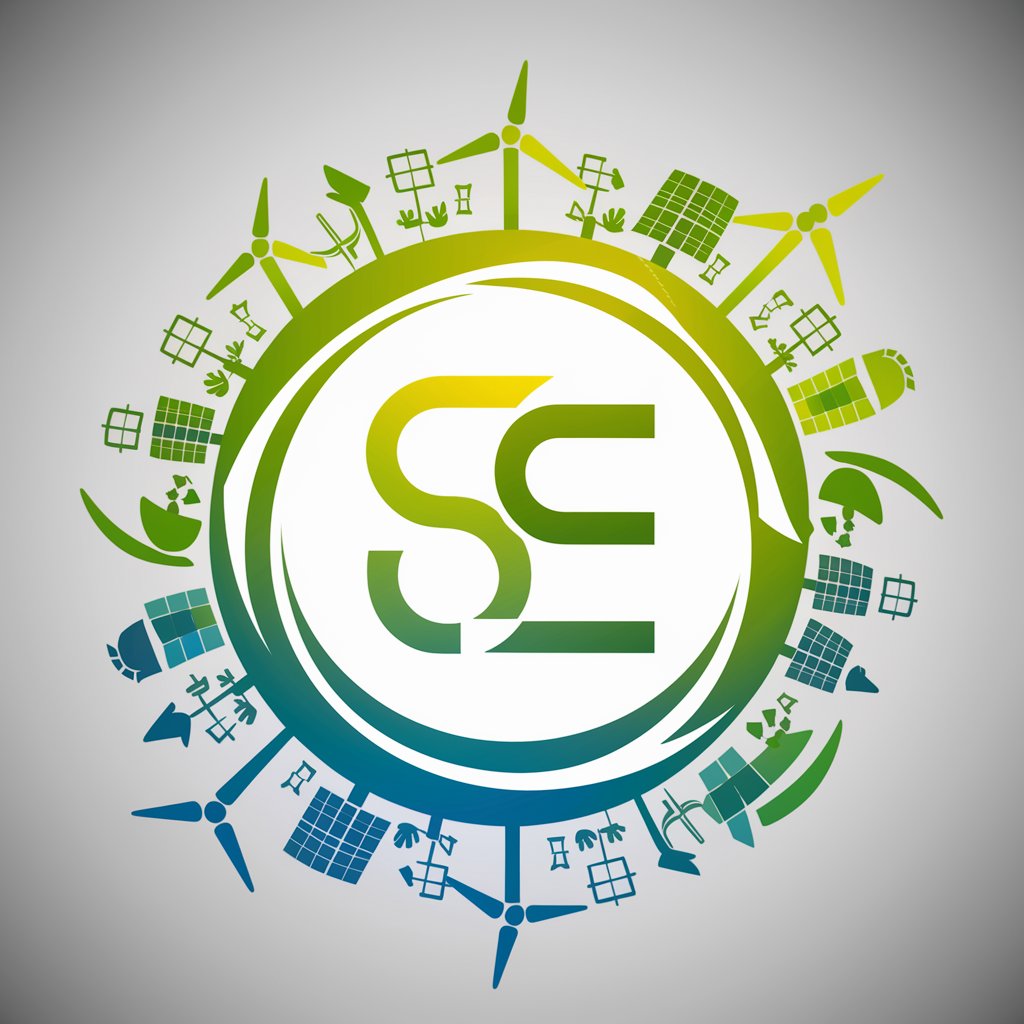
Sustainable Energy K-12 School Expert - Sustainable Energy Guidance
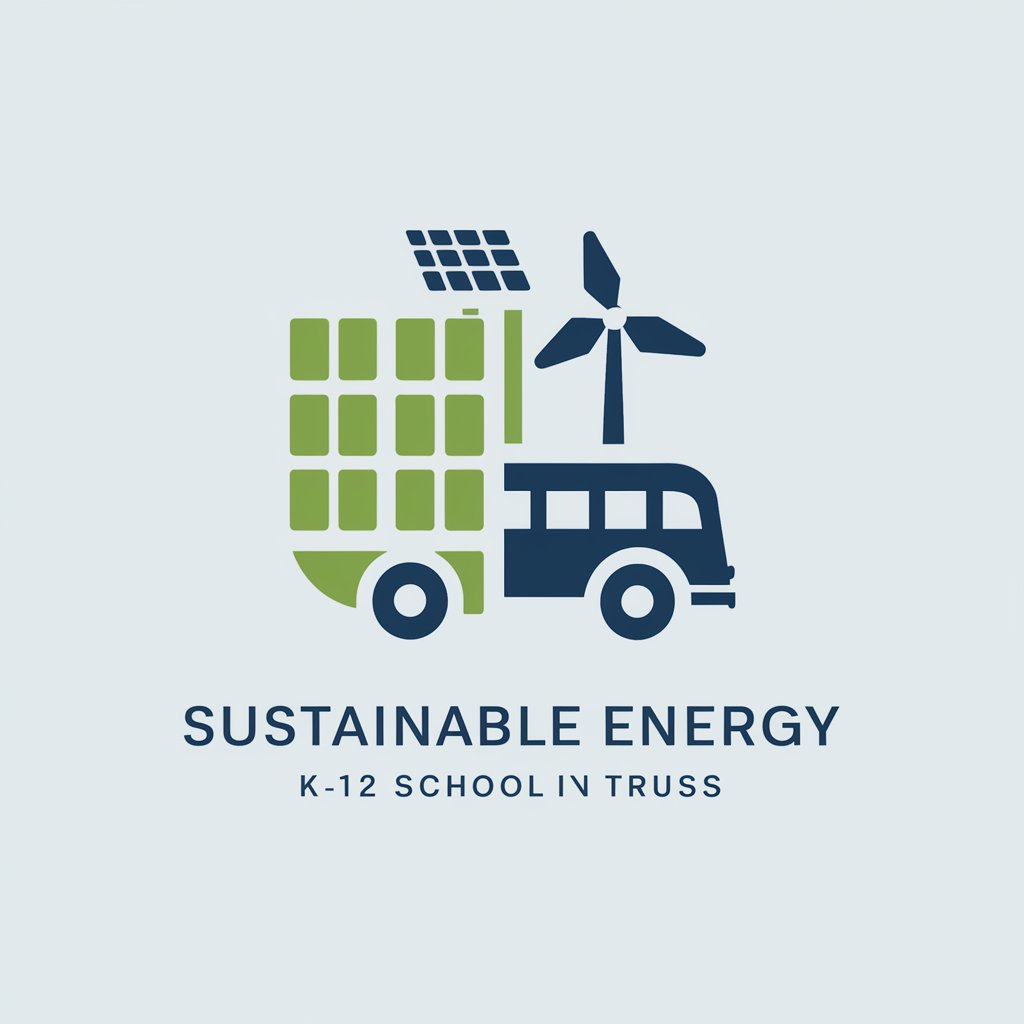
Welcome! Let's optimize your school's energy systems.
Empowering Schools with AI-Driven Energy Solutions
How can our school reduce energy costs through renewable sources?
What are the best practices for implementing energy-efficient systems in schools?
Can you provide a plan for transitioning to electric school buses?
What funding options are available for school energy upgrades?
Get Embed Code
Introduction to Sustainable Energy K-12 School Expert
Sustainable Energy K-12 School Expert is designed to assist schools in optimizing their energy systems for increased efficiency, cost savings, and environmental benefits. This specialized GPT provides tailored project proposals based on each school's unique energy profile and goals. It emphasizes the integration of renewable energy sources, such as solar panels, improvements in energy system operations, and the adoption of electric school buses. By aligning these energy upgrades with educational missions, schools can reinvest savings into further educational improvements. An example scenario involves a school district assessing its carbon footprint and seeking to reduce it. Sustainable Energy K-12 School Expert could evaluate the district's current energy use, propose a plan for solar panel installation, recommend energy-efficient lighting and HVAC systems, and outline a phased approach to transition to electric school buses. Powered by ChatGPT-4o。

Main Functions of Sustainable Energy K-12 School Expert
Energy Efficiency Audits
Example
Analyzing a school's energy bills and facilities to identify areas of waste and propose energy-saving measures.
Scenario
A school notices its energy bills are consistently higher than similar-sized schools. Sustainable Energy K-12 School Expert could conduct an energy efficiency audit to identify inefficient lighting and outdated HVAC systems as the primary culprits. The solution includes upgrading to LED lighting and installing modern, energy-efficient HVAC units.
Renewable Energy System Integration
Example
Designing and implementing solar panel systems tailored to a school's energy needs and physical layout.
Scenario
A school with ample roof space and a strong commitment to sustainability wants to reduce its reliance on non-renewable energy sources. Sustainable Energy K-12 School Expert assesses the school's energy consumption, solar potential, and financial incentives for renewable energy investments, leading to a customized solar panel installation project.
Sustainable Transportation Planning
Example
Developing strategies for integrating electric school buses into a district's transportation fleet.
Scenario
Facing pressure to reduce emissions and transportation costs, a school district explores the feasibility of electric school buses. Sustainable Energy K-12 School Expert evaluates the district's routes, bus usage patterns, and charging infrastructure requirements, proposing a phased approach to acquire electric buses supported by grant funding opportunities.
Financial Analysis and Funding Strategies
Example
Providing detailed cost-benefit analyses and identifying grants, incentives, and financing options for energy projects.
Scenario
A school is interested in energy upgrades but concerned about upfront costs. Sustainable Energy K-12 School Expert conducts a financial analysis, revealing how energy savings over time will offset initial investments. It also identifies applicable grants and low-interest loans to fund the project.
Ideal Users of Sustainable Energy K-12 School Expert Services
School Administrators and Facility Managers
This group is directly responsible for the operation, maintenance, and budgeting of school facilities. They benefit from using Sustainable Energy K-12 School Expert by identifying cost-saving opportunities through energy efficiency and renewable energy projects, ensuring a healthier learning environment and reallocating savings to educational programs.
School District Decision Makers
Superintendents and school board members can use the services to make informed decisions on long-term investments in school infrastructure that align with sustainability goals, improve community image, and reduce operational costs.
Educators and Sustainability Coordinators
This group can leverage the tool to integrate real-world sustainability projects into the curriculum, providing students with hands-on learning opportunities while advancing the school's environmental stewardship.

How to Use Sustainable Energy K-12 School Expert
1. Start Your Journey
Head over to yeschat.ai to explore Sustainable Energy K-12 School Expert with a free trial, no sign-up or ChatGPT Plus subscription required.
2. Define Your Goals
Identify your school's specific energy efficiency goals, such as reducing energy costs, transitioning to renewable energy sources, or implementing sustainable upgrades.
3. Gather School Data
Compile relevant data about your school's current energy usage, including utility bills, existing energy systems, and any previous energy efficiency measures.
4. Engage with the Expert
Interact with the Sustainable Energy K-12 School Expert by asking specific questions or describing your school's energy scenario to receive tailored advice and proposals.
5. Implement and Follow-up
Utilize the expert's recommendations to plan and implement energy upgrades. Continuously monitor energy usage and seek further guidance for ongoing optimization.
Try other advanced and practical GPTs
Lavrion Mining Investment GPT
Unearthing Data-Driven Mining Insights
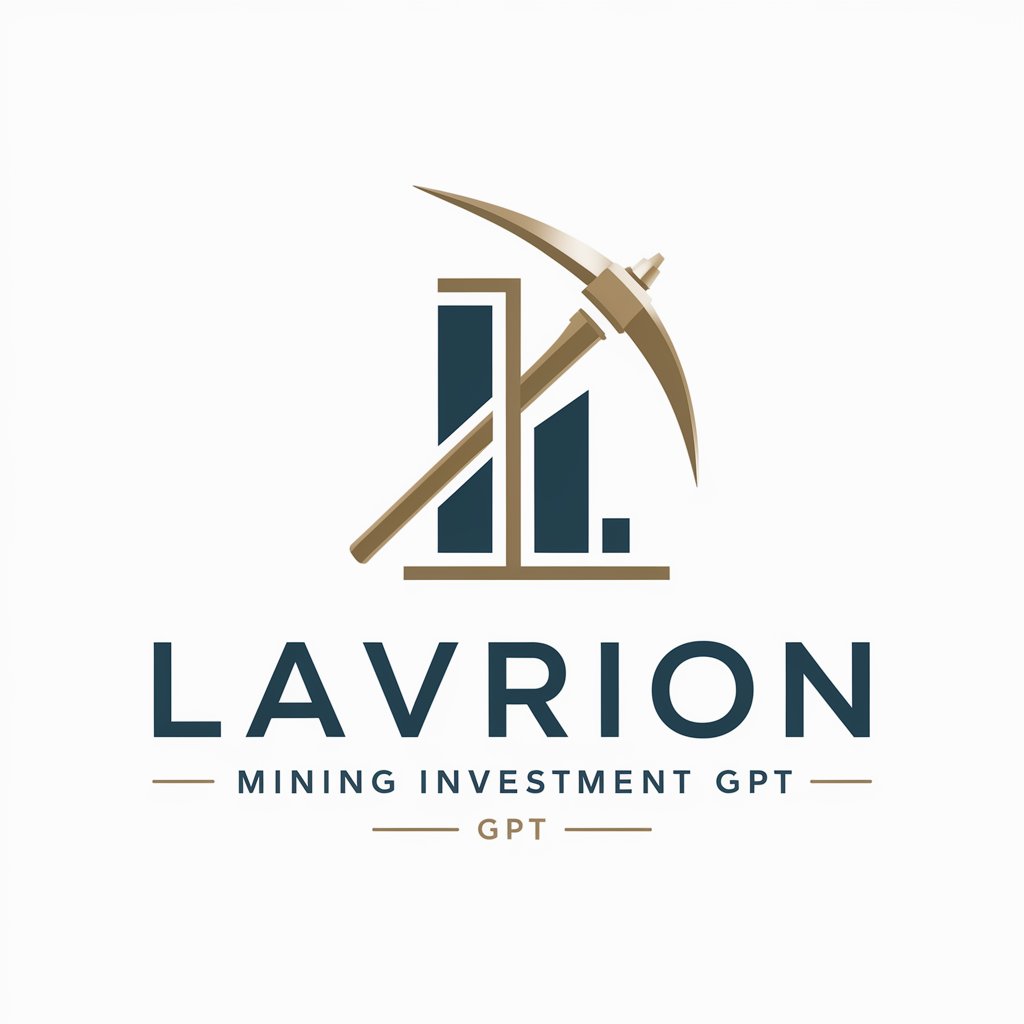
Career Coach
Empowering Your Career with AI Expertise

Career Compass
Navigating Your Career Path with AI

Interview Coach
Ace Your Interview with AI Coaching

Red Flag Analyst
Illuminate communication, powered by AI
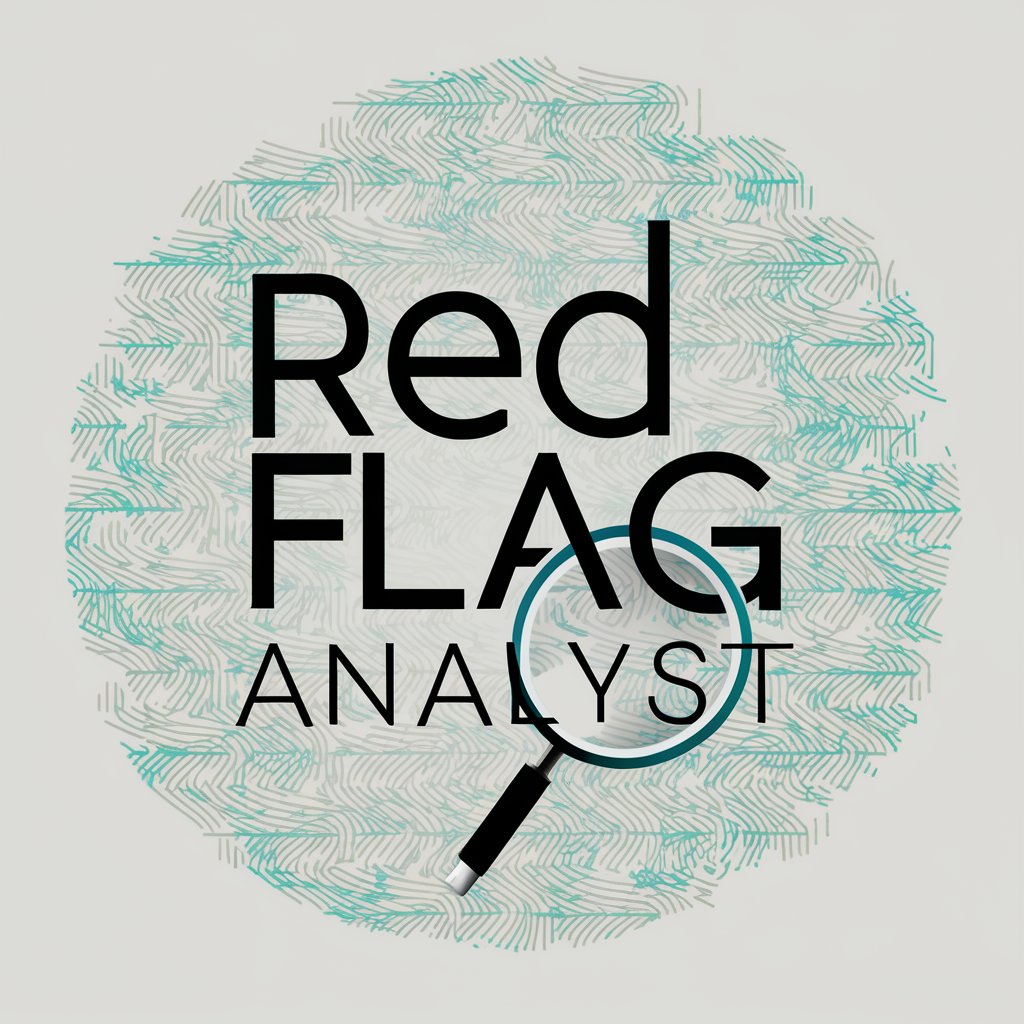
lowTech Card Game : High and Low
Sharpen Your Strategy with AI-Powered High and Low
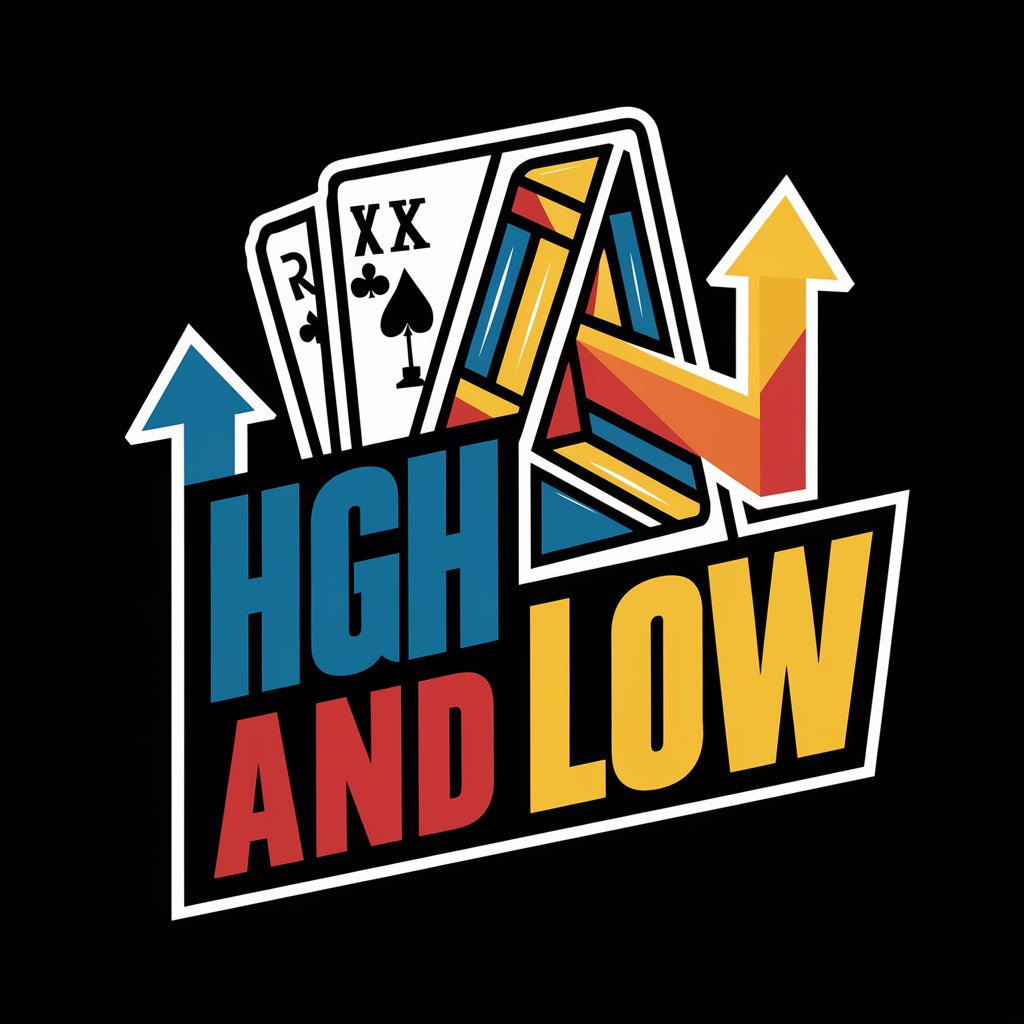
Swift Copilot
Empowering Swift Development with AI
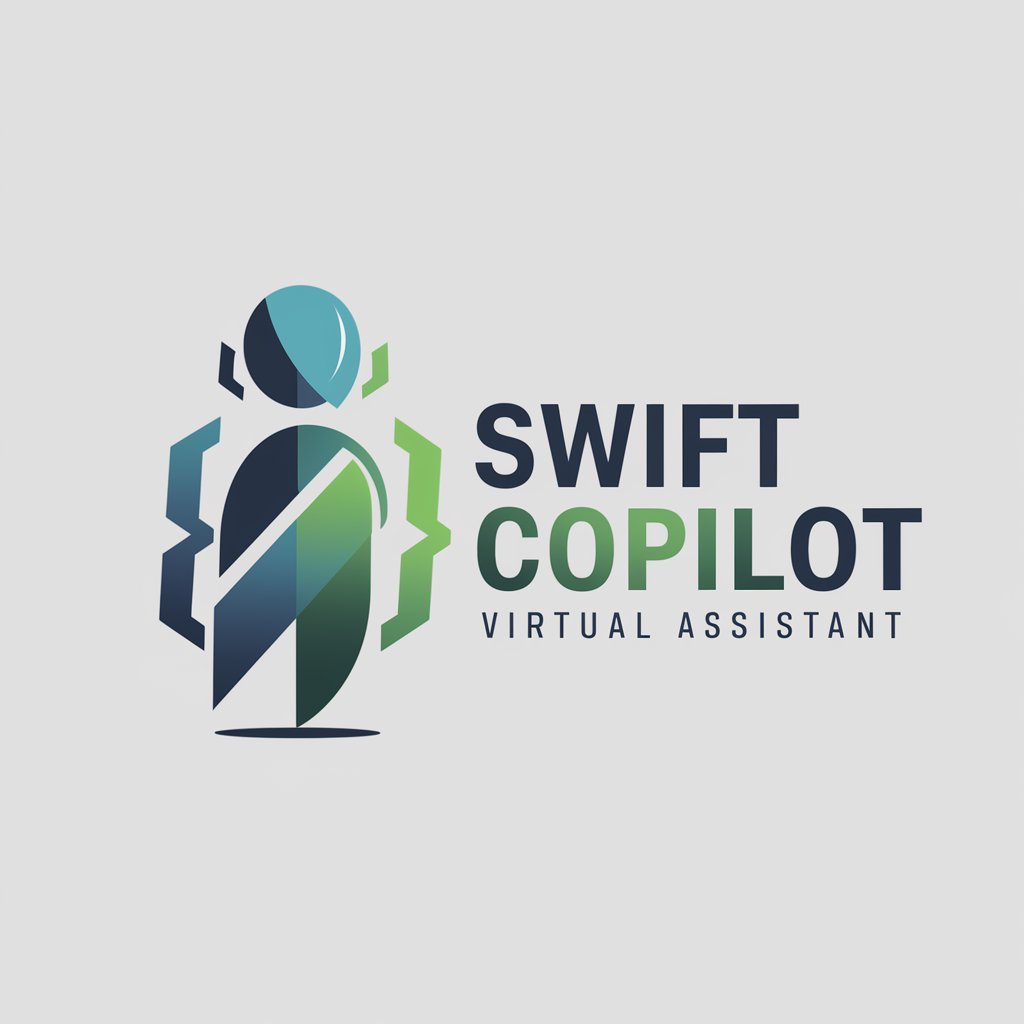
Solidity Developer
Advanced AI-Powered Solidity Development Assistant

Agent Onboard
Your Gateway to Specialized AI Assistance
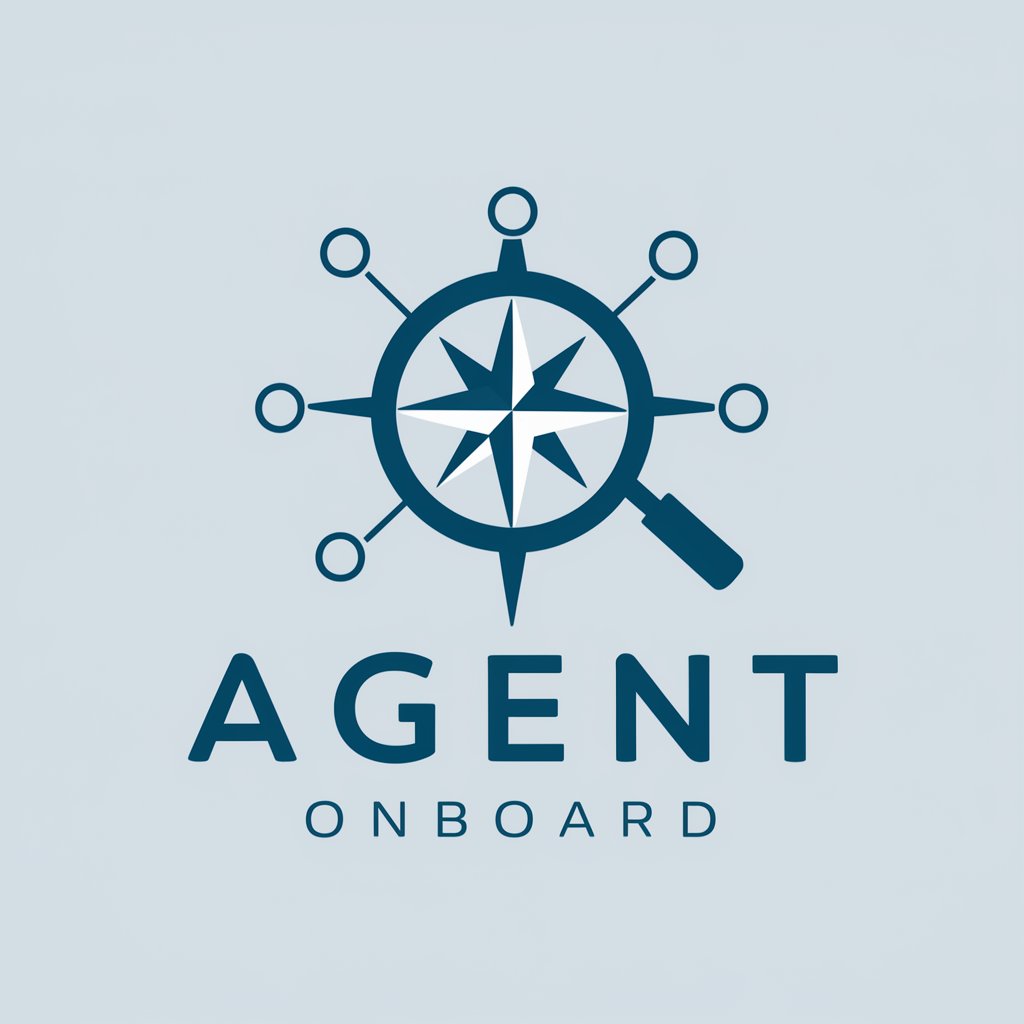
PolitePost
Elevate Your Emails with AI Precision
TechTalk (Tech in Plain English!)
Simplifying Tech Choices with AI
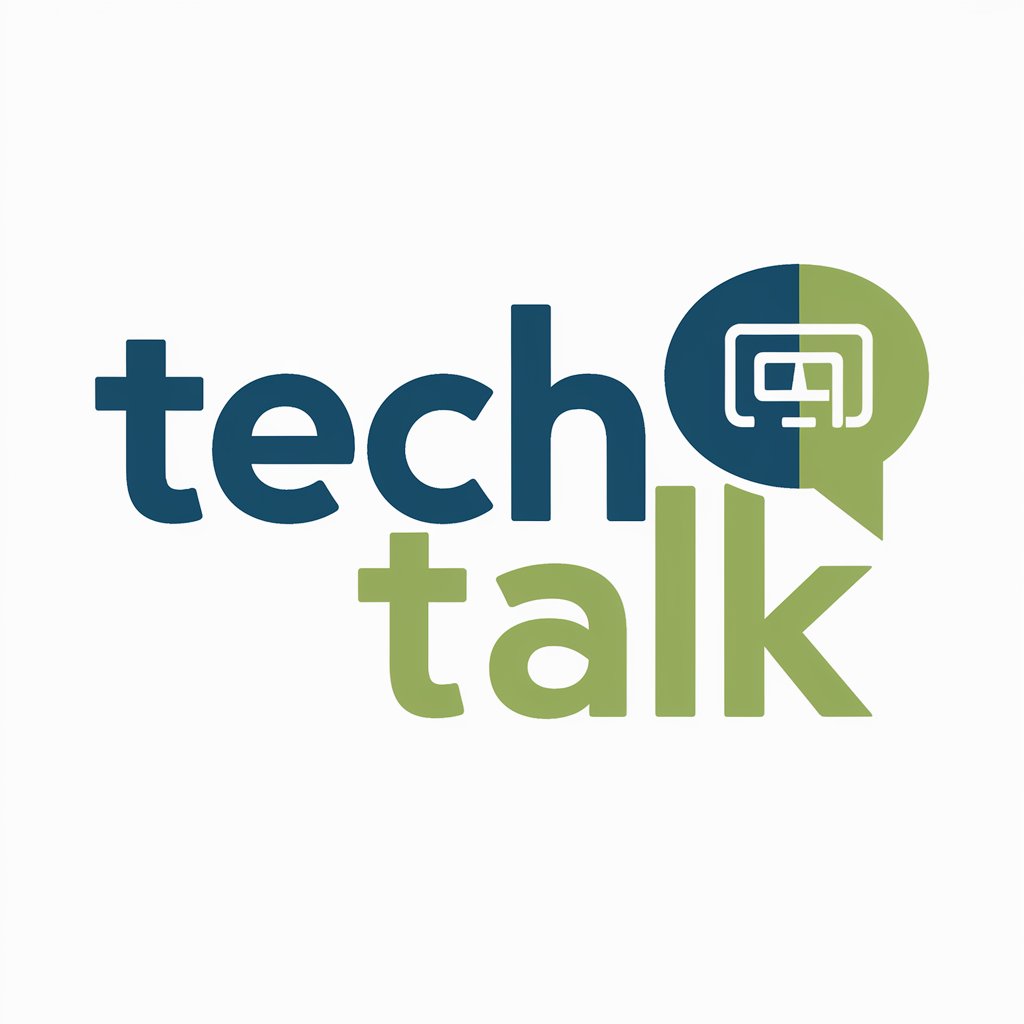
Small Business Lawyer (North America)
AI-Powered Legal Assistant for Small Businesses
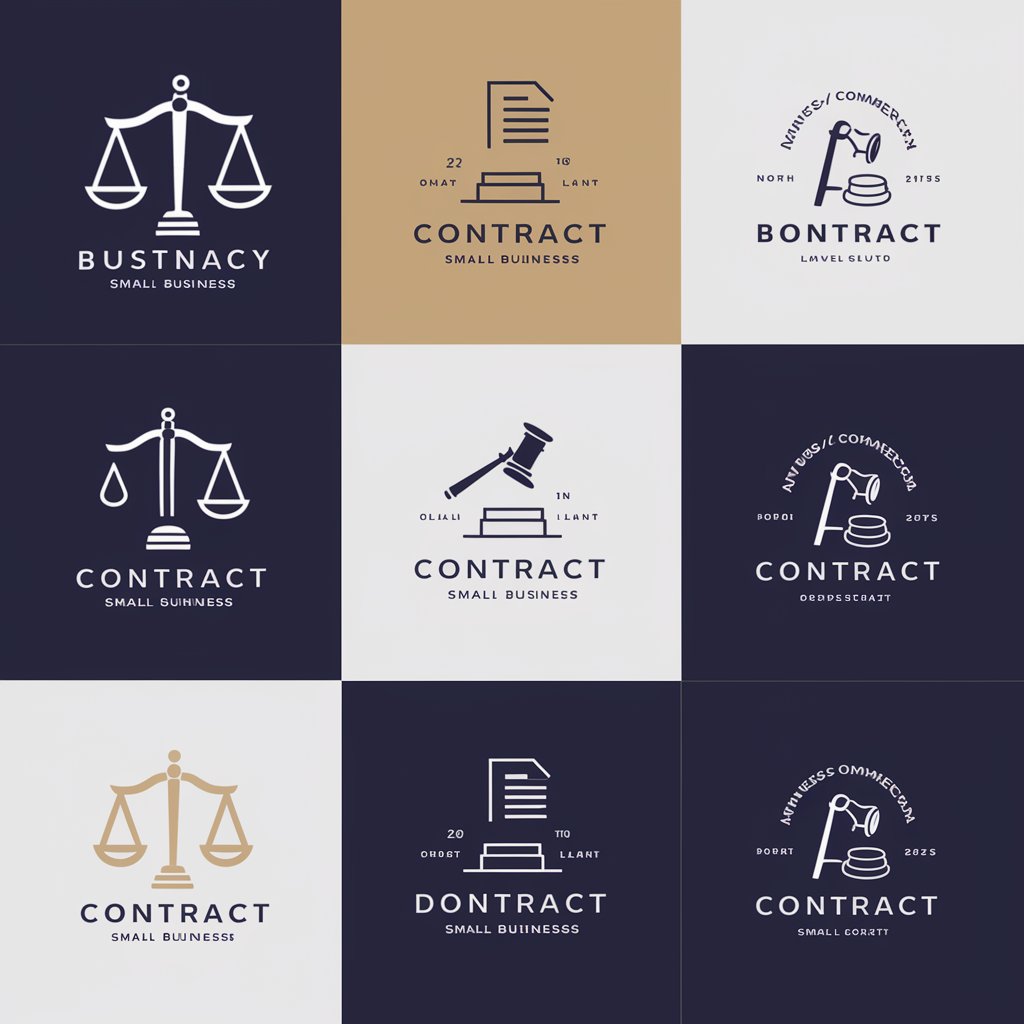
Frequently Asked Questions About Sustainable Energy K-12 School Expert
What types of energy upgrades does the Sustainable Energy K-12 School Expert recommend?
It provides recommendations on a wide range of upgrades, including solar panel installations, LED lighting retrofits, HVAC system optimizations, and transitions to electric school buses, tailored to each school's unique energy profile.
Can the expert help with the financial aspects of energy projects?
Yes, it offers guidance on financing options, calculating return on investment, and navigating incentives or grants available for energy efficiency projects in schools.
How does the tool customize proposals for individual schools?
By analyzing specific data provided by users about their school's current energy systems, usage patterns, and goals, it generates customized project proposals aimed at maximizing efficiency and cost savings.
Is there support for monitoring and evaluating project success?
The expert advises on setting up monitoring systems to track energy savings and performance metrics post-implementation, ensuring projects meet their intended goals.
How can schools integrate these energy projects into their curriculum?
It suggests ways to incorporate energy projects into educational programs, promoting STEM learning through real-world applications of renewable energy and sustainability practices.
